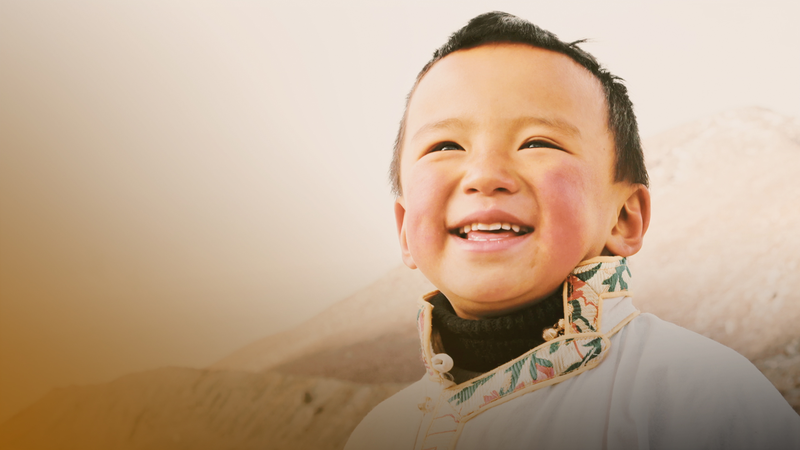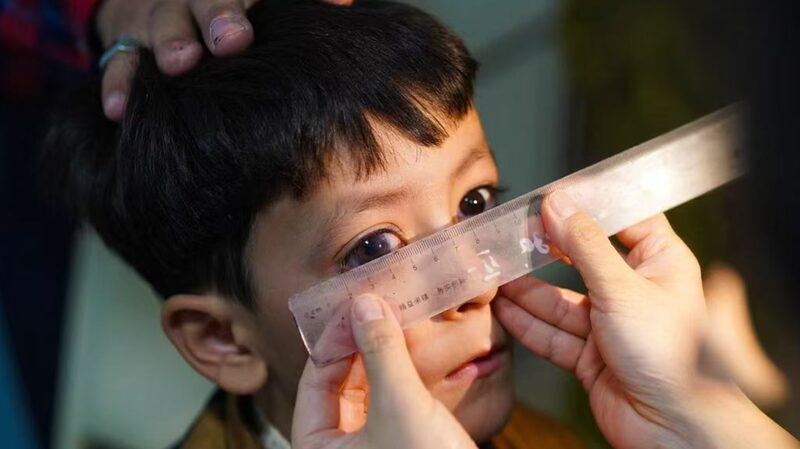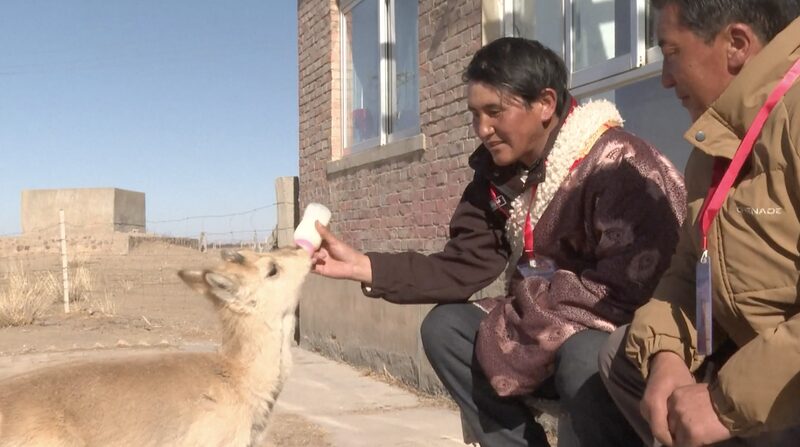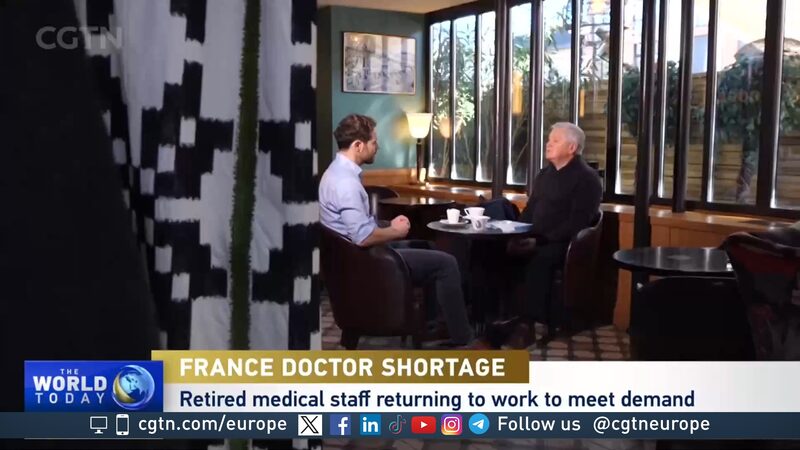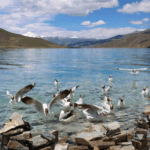At altitudes exceeding 4,000 meters, where oxygen levels plummet and temperatures swing violently, a unique group of medical professionals navigates the Qinghai-Tibet Plateau's unforgiving terrain. Known locally as 'Plateau Angels,' these doctors and nurses combine modern medicine with cultural sensitivity to deliver life-saving care across one of Asia's most challenging landscapes.
Their work extends beyond clinics: mobile medical units traverse icy mountain passes to reach nomadic communities, while health education programs address longstanding gaps in preventive care. "Every village visit could mean detecting hypertension before it becomes critical, or teaching sanitation practices that save generations," explained Dr. Tenzin Dorje*, a physician with 15 years of high-altitude service.
This healthcare network has reduced infant mortality rates by 40% since 2015, according to regional health data. Yet challenges persist – from recruiting specialists willing to work in extreme conditions to integrating traditional Tibetan healing practices with evidence-based medicine.
For investors eyeing infrastructure projects in western China, the Angels' efforts signal improving social stability. Researchers note their dual role as cultural bridges, preserving trust between communities and national health initiatives. As climate change intensifies weather extremes, these guardians stand as both caregivers and climate-health sentinels in Asia's vital ecological frontier.
*Name changed for privacy
Reference(s):
cgtn.com
